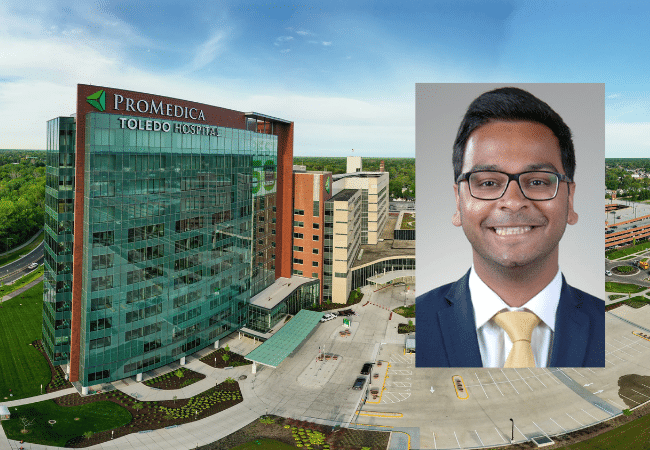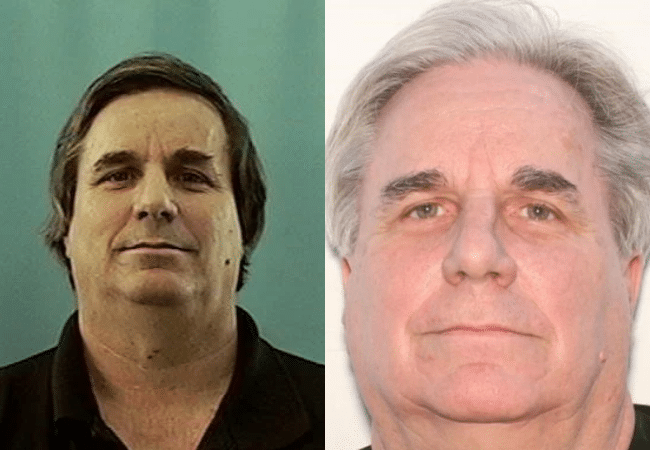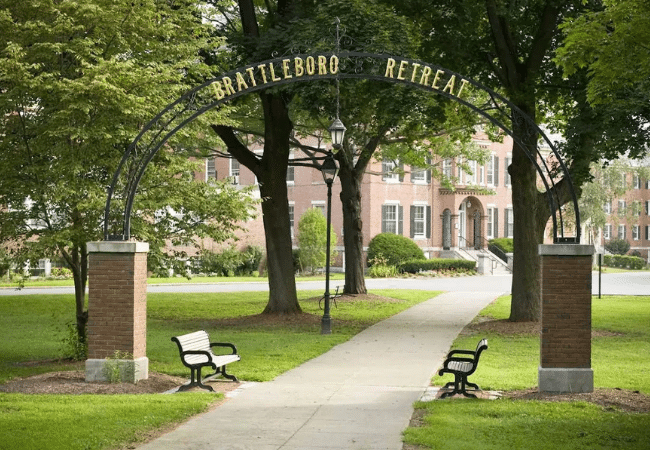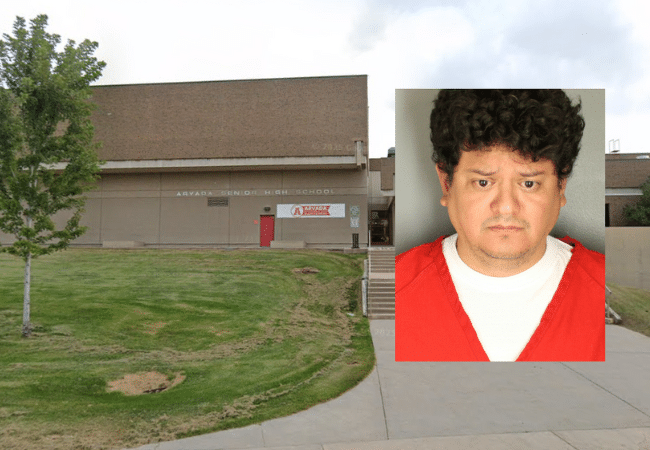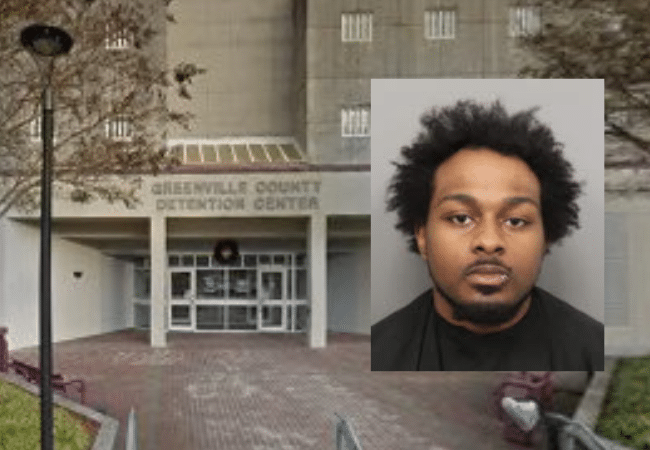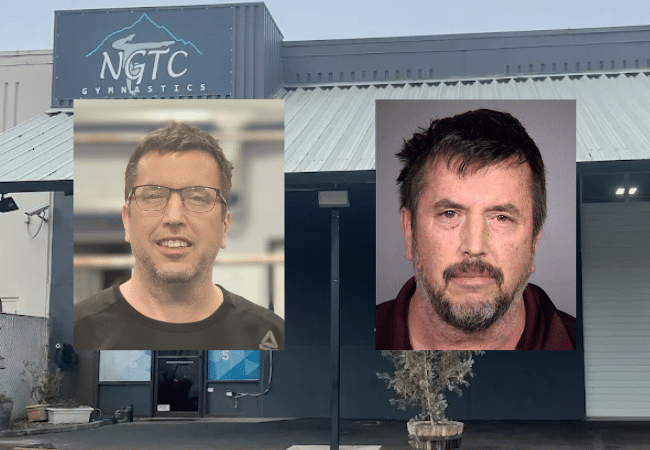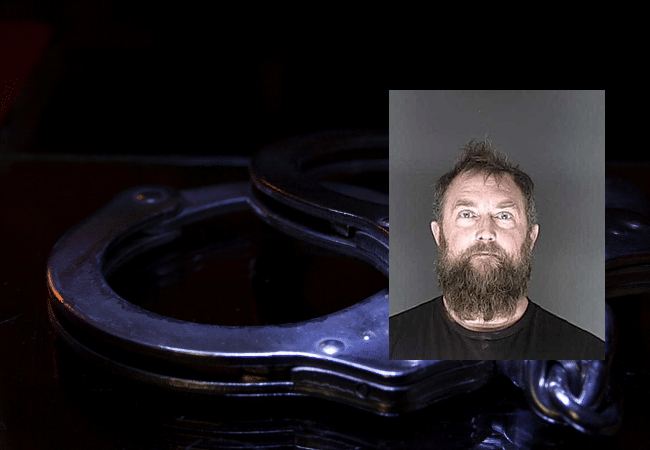ANDREOZZI + FOOTE
SEX & HUMAN TRAFFICKING
Home » Practice Areas » Sex & Human Trafficking
Reviewed by:
Benjamin D. Andreozzi, Esq.
- Last Updated: January 9, 2026
On This Page
- What Is Human and Sex Trafficking?
- How Andreozzi + Foote Fights For Survivors Of Sex Trafficking
- Legal Tools For Holding Traffickers and Businesses Accountable
- Who Can Be Held Liable In A Civil Trafficking Case?
- How To Know If You Have a Human/Sex Trafficking Case
- Support For Survivors: You Are Not Alone
- Frequently Asked Questions: Human/Sex Trafficking
Human trafficking is a horrific crime that can happen to anyone, anywhere. It often occurs in the shadows of our own communities, hidden in local hotels, bars, nightclubs, casinos, and other establishments that should know of the illicit activity. Unless these establishments are held accountable, the trafficking of vulnerable individuals for commercial sex or forced labor will continue.
Sex and human trafficking are not just crimes. Victims also have the right to file civil lawsuits against anyone who has profited from their exploitation. If you or a loved one has been a victim of trafficking or has noticed suspicious behavior that could lead authorities to perpetrators, speak to the human trafficking lawyers at Andreozzi & Foote to learn more about your options. You are not alone, and justice is obtainable.
What Is Human and Sex Trafficking?
Human trafficking generally includes two types of exploitation: sex trafficking and labor trafficking. Sex trafficking involves the enticement, recruitment, harboring, transportation, or solicitation of a person for a commercial sex act induced by force, fraud, or coercion, or if the person induced to perform is a minor. For minor victims, federal law does not require proof of force, threats, fraud, or coercion to constitute sex trafficking. Commercial sex acts are any sex act for which anything of value is given to or received by any person.
Labor trafficking involves the recruitment, harboring, transportation, or obtaining of a person for involuntary servitude or slavery through the use of force, fraud, or coercion. Involuntary servitude is induced by any plan or scheme intended to cause victims to believe that if they do not comply, they will suffer serious physical or legal harm.
Contrary to popular belief, human and sex trafficking do not necessarily include movement across state or international borders. Instances of trafficking have been reported in all 52 U.S. states and territories, many without transportation involved. In 2021, more than 10,000 situations of trafficking involving over 16,000 individuals were reported to the U.S. National Human Trafficking Hotline. However, most cases go unreported, and these cases are likely just a fraction of the problem.
How Andreozzi + Foote Fights For Survivors Of Sex Trafficking
As one of the nation’s leading law firms representing survivors of sexual abuse and trafficking, Andreozzi + Foote has successfully litigated some of the highest-profile sexual abuse cases of the last decade. Led by experienced trauma-informed attorneys, Andreozzi + Foote is committed to creating life-changing results for survivors of human and sex trafficking and their families. We promise to leave no stone unturned as we uncover evidence to support your story.
At Andreozzi + Foote, we understand that the most important role of a lawyer is to listen to their client and create a path toward recovery specifically designed for that survivor. We strive to create a safe and supportive environment for our clients and pride ourselves on successfully balancing pressing a case for the best resolution and not interfering with a survivor’s recovery. When you work with our firm, you can expect total confidentiality, compassion, and no fees unless we win your case.
Legal Tools For Holding Traffickers and Businesses Accountable
In 2000, the U.S. government enacted the Trafficking Victims Protection Act, or TVPA. The first law of its kind, it instituted a comprehensive government response to human trafficking with measures aimed at prevention, prosecution, and protection. This law has been reauthorized several times between 2003 and 2019. Among other things, the law and its reauthorizations have increased penalties for human trafficking crimes and established special assistance programs for victims. The laws have also improved law enforcement’s ability to pursue justice with stronger identification, prosecution, and sentencing tools.
New legislation in the years since the TVPA passed has furthered efforts to prevent trafficking and protect victims’ rights. In 2019, the Fight Online Sex Trafficking Act, or FOSTA, and the Stop Enabling Sex Traffickers Act, or SESTA, clarified existing law to hold accountable those who knowingly assist, facilitate, or support sex trafficking. In particular, the laws severely restricted online advertisements and targeted websites that facilitated trafficking.
Meanwhile, the Justice for Victims of Trafficking Act of 2015 improved the nation’s response to human trafficking by increasing the criminal liability of buyers of commercial sex from trafficking victims.
In addition to holding traffickers themselves accountable, federal laws like the TVPA allow victims of human and sex trafficking to file lawsuits to hold any businesses that supported or enabled the trafficking accountable. The law also allows survivors to recover monetary damages from any businesses that “knowingly benefit from their participation in what they knew or should have known” was a sex trafficking venture.
Who Can Be Held Liable In A Civil Trafficking Case?
In a civil human or sex trafficking lawsuit, a victim can hold various parties beyond the perpetrator accountable for the harm done. Other parties who may be liable include the following:
- Traffickers and recruiters
- Hotels, motels, and transportation companies
- Websites or platforms that profited from illegal ads
- Schools, religious institutions, or foster care agencies that failed to protect the victim
How To Know If You Have a Human/Sex Trafficking Case
If you were a victim of human or sex trafficking, you may be able to file a civil lawsuit against the parties responsible. Generally, you will need witnesses, documentation, and evidence of a pattern of abuse to strengthen your case.
The following are several red flags to watch out for to determine whether someone may be a victim of trafficking:
- The person shows signs of poor hygiene, fatigue, malnourishment, sleep deprivation, untreated illness, or injuries.
- The person appears to be constantly monitored without the freedom to come and go as they please.
- The person does not possess any money or identification.
Trafficking victims are generally recruited by someone they know, like family members, caregivers, intimate partners, or employers. The internet is a top reported recruitment location, particularly dating sites and social media platforms like Facebook.
Additionally, some people are more vulnerable to being trafficked than others. For instance, recent migration or relocation is the most frequently reported risk factor, particularly for labor trafficking.
Support For Survivors: You Are Not Alone
Not only may human trafficking victims who speak out and share their stories see justice served in their own cases, but they might also protect others from the same fates.
Awareness and education are key to preventing trafficking and helping victims pursue justice. At Andreozzi + Foote, our attorneys are dedicated advocates who combine experience, innovation, and compassion to deliver successful results for survivors and their families.
If you or a loved one has experienced human or sex trafficking, you are not alone. Andreozzi + Foote’s experienced attorneys are prepared to help you fight back and ensure the institutions responsible of your abuse pay for their crimes. To get started with a free consultation, contact us today online or by calling 866-311-8640. All your information, including your identity, will be treated confidentially.
Resources for Survivors and Families
- National Human Trafficking Hotline: The hotline provides 24/7 confidential support, resources, and referrals for sex trafficking victims, and accepts tips from the public about suspected trafficking.
- Polaris: Polaris operates the National Human Trafficking Hotline and provides comprehensive resources, research, and policy advocacy to combat human trafficking.
- The Blue Campaign: The Blue Campaign, run by the U.S. Department of Homeland Security, raises public awareness about human trafficking and provides resources to help identify and report trafficking situations.
- The National Center for Missing & Exploited Children: NCMEC provides support for missing and exploited children, including those who are human sex trafficking victims. They also offer a CyberTipline for reporting suspected child exploitation.
- Coalition to Abolish Slavery & Trafficking: CAST provides comprehensive services to trafficking survivors, including emergency shelter, legal advocacy, and social services.
- National Survivor Network: NSN empowers trafficking survivors by connecting them with resources, support groups, and advocacy opportunities.
Frequently Asked Questions: Human/Sex Trafficking
Can I sue even if there wasn’t a criminal conviction?
Yes, a criminal conviction is not required to file a civil human trafficking or sex trafficking lawsuit. Generally, civil cases have a lower burden of proof, so it is often easier for victims to prove their case in civil court.
What if the trafficking happened years ago?
The statute of limitations, or filing deadline, for human trafficking lawsuits varies by state. Many states allow victims to file suits even if the trafficking occurred years ago. Contact our human trafficking attorneys today to discuss your situation and learn whether you are eligible to file a suit.
Will I have to testify in court?
You might not be required to testify in court. Many cases settle outside of court. However, if your case proceeds to litigation, our firm will protect your privacy and rights as much as possible. If the case does go to trial, you might need to testify, but our lawyers will prepare you and take all steps to protect your rights and interests.
Will people find out I filed a claim?
Your identity and case details are handled with strict confidentiality. Many states have laws allowing victims to protect their identities in sexual abuse cases, including trafficking.
At Andreozzi + Foote, we stand up for survivors of sexual abuse in schools and universitiesi, holding educational institutions responsible for failing to protect students and fighting for the justice they deserve.
We represent survivors of clergy sexual abuse, holding religious institutions accountable and seeking justice for those who endured harm by trusted leaders within the faith community.
Our firm is committed to helping survivors of human and sex trafficking by pursuing justice against traffickers and organizations, while providing compassionate support to help rebuild lives.
At Andreozzi + Foote, we fight for children harmed in daycare and child care settings, holding caregivers and organizations accountable for their failure to protect vulnerable young lives.
Children are among the most vulnerable individuals in society. Children left without the protection of their natural parents are even more vulnerable.
We represent survivors of sexual abuse within youth organiations and sport leagues, demanding justice for victims harmed by trusted coaches, mentors, and officials.
Our Experienced attorneys advocate for survivors of sexual abuse at camps, ensuring that negligent organizations and staff are held accountable for violating the safety and trust of children.
At Andreozzi + Foote, we fight for victims of sexual abuse in healthcare settings, holding medical professionals and institutions accountable for exploiting their positions of trust and power
We support survivors of sexual abuse in residential care facilities, striving to hold care providers and institutions accountable for violating the safety and well-being of vulnerable individuals.
Our attorneys are dedicated to seeking justice for nursing home residents who have suffered sexual abuse, holding negligent facilities and staff accountable for mistreating elderly and ulnerable individuals.
CONTACT US TODAY
Free In-Depth,
Confidential Consultation
Empowering Survivors and Delivering Justice Nationwide
We understand the courage it takes to reach out for help, and we are here to listen. At Andreozzi + Foote, our trauma-informed attorneys are dedicated to providing compassionate, confidential support every step of the way. With extensive experience in advocating for survivors of sexual abuse, we are committed to creating a safe and supportive environment where your voice is heard and your rights are fiercely protected. Contact us today for a free, in-depth consultation and take the first step toward justice.



